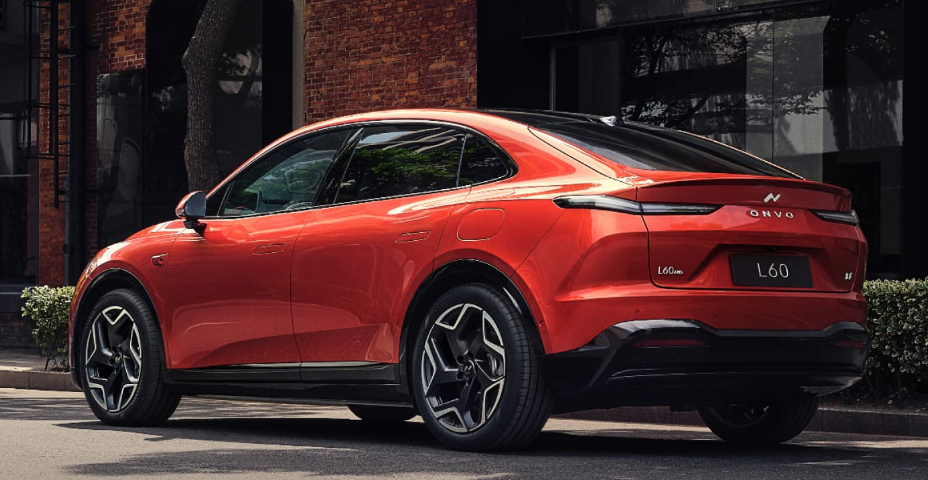NIO's third factory construction underway, set to produce cars for both NIO, ONVO brands
Shanghai (ZXZC)- Recently, reports surfaced that informed sources revealed NIO has received regulatory approval to build its third factory in China. The approved production capacity for this factory is said to be 600,000 vehicles per year, resulting in a total capacity of 1 million units of the three factories, comparable to the scale of Tesla's Shanghai factory (1.1 million units).

ONVO L60; photo credit: ONVO
In response, NIO co-founder and president Qin Lihong stated on the evening of June 5 that NIO's third factory is located in the Xinqiao Intelligent Electric Vehicle Industrial Park in Hefei city and has recently begun construction. The single-shift production capacity is 100,000 vehicles, and it will be used for the subsequent production of both NIO and ONVO brands' products.
He also mentioned that due to the recent surge in NIO brand's sales and its long-term strategy, NIO's two existing factories in Hefei have already reached their designed single-shift capacity. With the introduction of new products, the existing factories' production capacity can no longer meet market demand. "NIO does not have an issue with overcapacity."
On May 15 of this year, NIO officially launched the ONVO brand aimed at the mass market, and the brand's first model, the ONVO L60, started pre-sales with a starting price of 219,900 yuan.
NIO Chairman William Bin Li previously stated during an earnings call that the NIO brand will continue to focus on maintaining high gross margins to ensure the company's profitability, while the ONVO brand will take on the responsibility of driving sales growth, with sales volume being prioritized over gross margin in the initial stage.
In response to the industry's reaction to why the ONVO L60 model has not been delivered immediately upon its launch, William Bin Li and Qin Lihong jointly stated: "Immediate delivery upon launch, with scaling up production, is not about capability and does not solve the substantive issues. The ramp-up takes time, and it is important to follow objective laws and proceed steadily."

